Critical Issues in Crime and Society
RAYMOND J. MICHALOWSKI AND LUIS A. FERNANDEZ, SERIES EDITORS
Critical Issues in Crime and Society is oriented toward critical analysis of contemporary problems in crime and justice. The series is open to a broad range of topics including specific types of crime, wrongful behavior by economically or politically powerful actors, controversies over justice system practices, and issues related to the intersection of identity, crime, and justice. It is committed to offering thoughtful works that will be accessible to scholars and professional criminologists, general readers, and students.
For a list of titles in the series, see the last page of the book.
LIBRARY OF CONGRESS CATALOGING-IN-PUBLICATION DATA
Names: Barak, Gregg, author.
Title: Chronicles of a radical criminologist: working the margins of law, power, and justice / Gregg Barak.
Description: New Brunswick: Rutgers University Press, [2020] | Series: Critical issues in crime and society | Includes bibliographical references and index.
Identifiers: LCCN 2019040813 | ISBN 9781978814127 (paperback) | ISBN 9781978814134 (hardback) | ISBN 9781978814141 (epub) | ISBN 9781978814158 (mobi) | ISBN 9781978814165 (pdf)
Subjects: LCSH: Barak, Gregg. | CriminologistsUnited StatesBiography. | Critical criminologyUnited States.
Classification: LCC HV6023.B36 A3 2020 | DDC 364.92 [B]dc23
LC record available at https://lccn.loc.gov/2019040813
A British Cataloging-in-Publication record for this book is available from the British Library.
Copyright 2020 by Gregg Barak
All rights reserved
No part of this book may be reproduced or utilized in any form or by any means, electronic or mechanical, or by any information storage and retrieval system, without written permission from the publisher. Please contact Rutgers University Press, 106 Somerset Street, New Brunswick, NJ 08901. The only exception to this prohibition is fair use as defined by U.S. copyright law.

The paper used in this publication meets the requirements of the American National Standard for Information SciencesPermanence of Paper for Printed Library Materials, ANSI Z39.48-1992.
www.rutgersuniversitypress.org
Manufactured in the United States of America
Raymond J. Michalowski
A T THE 1991 American Society of Criminology (ASC) meeting in San Francisco, a group of self-identified critical criminologists gathered in a hotel room occupied by former ASC president Bill Chambliss. They had come together for the third annual social of the ASCs Division on Critical Criminology. They talked, played music, sang songs, and famously received a noise complaintfrom the hotel next door. The important point here, though, is that the group fit into a hotel sleeping roomremember that.
When the Division on Critical Criminology gathered to socialize in 1991, it was relatively new. Its origins reached back only to 1988, when Bill Chambliss was the ASC president and I was the program organizer for the ASC annual meeting. One of our goals for the conference was to schedule a meeting time for radical, critical, and feminist criminologists to come together to discuss whether or not to request the creation of an ASC division that would better reflect the concerns of criminologists working at or beyond the margins of what were then (and in many ways still remain) the dominant criminological frameworks.
The meeting was cochaired by Bob Bohm and Susan Caringella-MacDonald. Under their leadership, two important things transpired. One, the group reached an agreement to request division status. The other, in many ways more consequential, decision was to name it the Division on Critical Criminology.
Names matter. They are the constitutive building blocks of reality. Naming, however, never takes place in a vacuum. Names are always an expression of antecedent understandings, agreements, and tensions. In this case, the selection of the word critical to give this dissident branch of criminology a formal identity reflected both exogenous and endogenous forces.
The key exogenous force was a widely held belief that the ASC leadership would never approve a division named radical criminology, even though this school of thought, in all likelihood, characterized the majority of those in the room. The problem with the term radical criminology was twofold. First, it originated at, and remained closely associated with, the Berkeley School of Criminology. It was there that a core of left-of-center criminologists in the 1960s created a center for radical inquiry into questions of crime and social justice, a center that became increasingly attractive to many students at the University of California, Berkeley, including Gregg Barak. In the academy, however, it is often the case that nothing fails like success. The growing attractiveness of radical criminology at Berkeley inspired the hostility of more centrist criminologists and administrators. They moved successfully to reorganize the Berkeley School of Criminology in ways that would effectively eliminate what they saw as a threatening growth of radical theorizing, pedagogy, and practice at that school.
The second reason many anticipated that the proposed Division of Radical Criminology was a nonstarter was rooted in the epistemological tension between radical and orthodox criminology in the wider discipline. As a school of thought, radical criminology challenged the most basic assumption on which mid-twentieth century criminological orthodoxy was based: that laws and institutions for enforcing them are, in the final instance, an expression of societal consensus. In 1979, the American Society of Criminology published a special edition of its journal, Criminology, devoted exclusively to radical criminology. While bookended by two somewhat sympathetic treatments of radical criminology as window dressing, the core of the edition consisted of articles that were written by high profile criminologists excoriating radical criminology as an infantile disorder (Klockars 1979, 477), mere sentimentality (Toby 1979, 516), or some other insult to the value-free model of twentieth-century social science. While anti-orthodox versions of criminology, particularly feminist and race theory, had gained a bit more legitimacy by the late 1980s, many of those debating the selection of a division name were aware that much of the leadership of the ASC remained hostile to the idea of any criminology that called itself radical.
The endogenous factor affecting name choice was the multiplicity of intellectual perspectives in the room at the time. Many there, myself included, researched, wrote, and engaged in praxis closely linked to radical criminology, with its roots in Marxian political economics, ideals of and theories about racial and gender equality, direct community action, and strong socialist leanings. Others were focused more closely on questions of gender, feminist theory, and the struggle against heteronormativity. Still others fell into a heterogeneous third group characterized by a liberal-left model of criminal justice reformism.


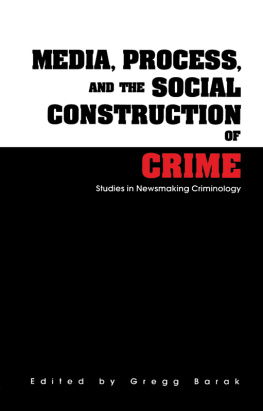
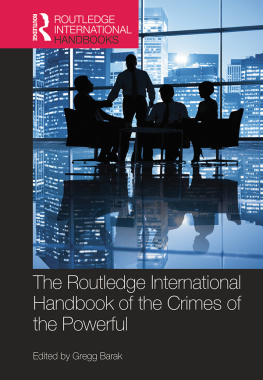
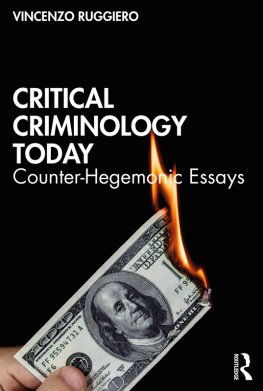

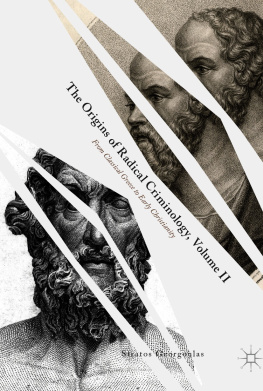

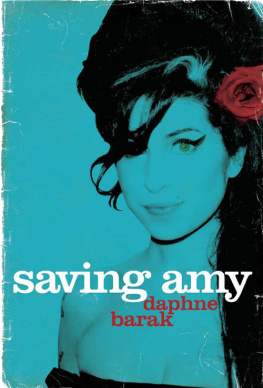
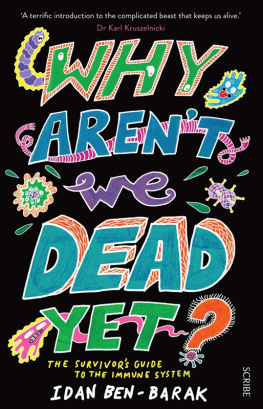



 The paper used in this publication meets the requirements of the American National Standard for Information SciencesPermanence of Paper for Printed Library Materials, ANSI Z39.48-1992.
The paper used in this publication meets the requirements of the American National Standard for Information SciencesPermanence of Paper for Printed Library Materials, ANSI Z39.48-1992.